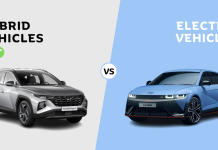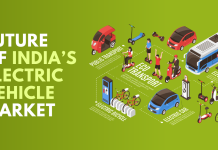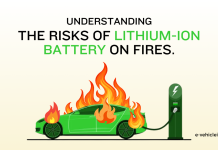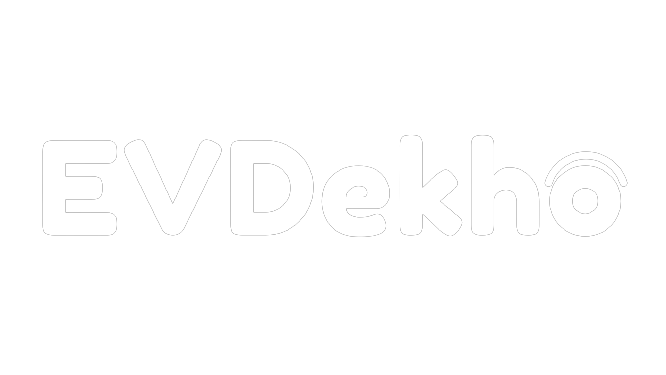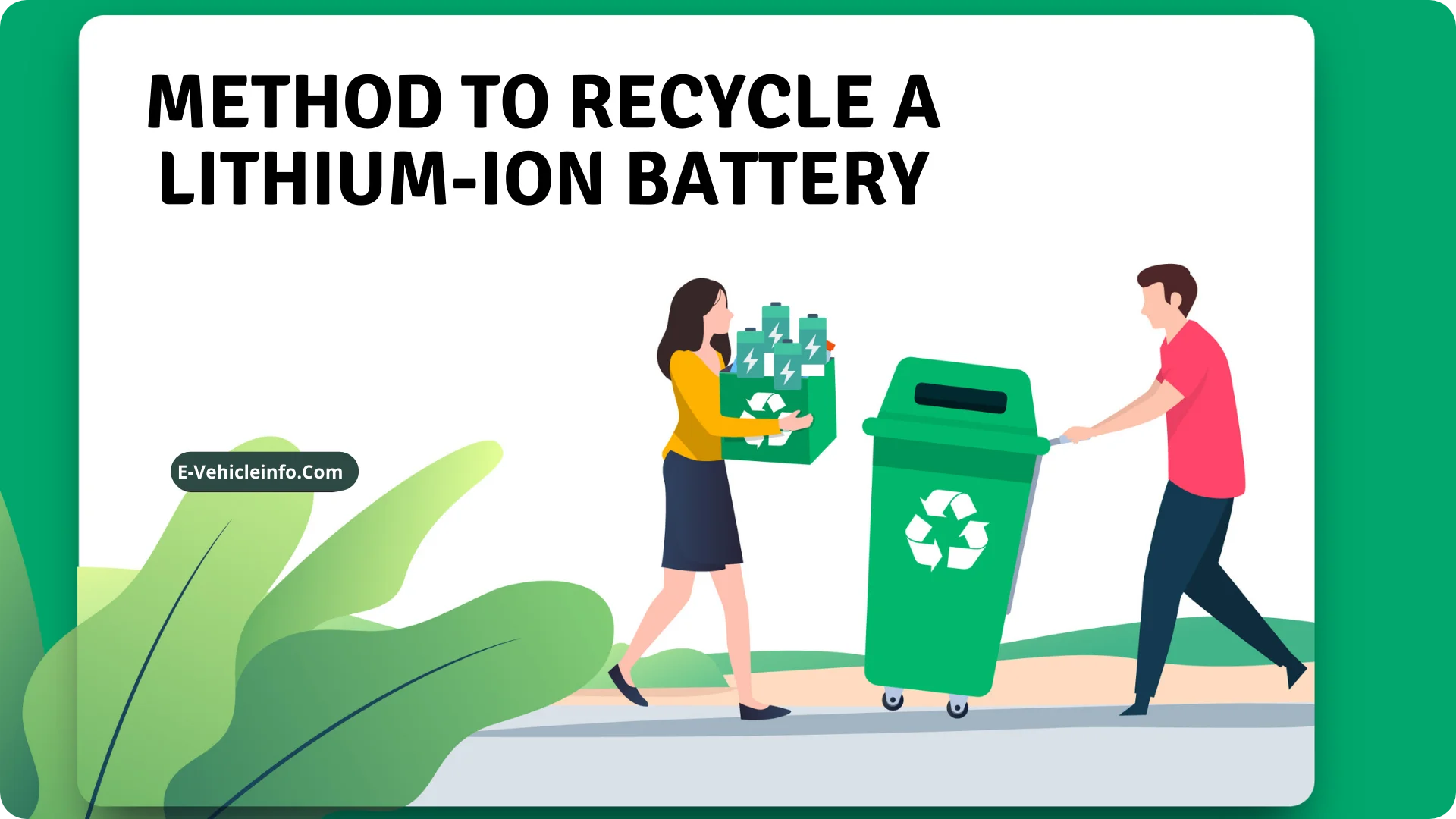 Among today’s electronics products that use batteries, Lithium-ion (LI-ION) batteries are the most common. There are many ways to recycle, but we will describe one of the major and Commonly Used processes to recycle lithium-ion batteries.
Among today’s electronics products that use batteries, Lithium-ion (LI-ION) batteries are the most common. There are many ways to recycle, but we will describe one of the major and Commonly Used processes to recycle lithium-ion batteries.
Lithium-ion batteries are commonly used in power backup/UPS, Smartphones, laptops, small earbuds, and earphones through mobile phones, tablets, and many other electronic gadgets and accessories.
There are many benefits to Lithium-ion batteries, including business opportunities for small-scale industries and opportunities for automobile manufacturers to batteries manufacture.
Read More: Two Effective Methods of Recycling Used Lithium-Ion Batteries
Table of Contents
Lithium-ion Battery- An Introduction
First off, nearly every electronic gadget in today’s technological age utilizes batteries – mobile phones, laptops, power banks, etc.
This type of battery is commonly known as “Lithium-ion Battery”. Due to the excessive use of these batteries, a lot of electronic waste occurs when it expires, and denizens throw it out, which is harmful to our environment.
How to Recycle A Lithium-ion Battery
To reduce this problem, it needs to be recycled. There are several ways to recycle garbage into rare valuable raw materials.
In the recycling of Li-ion batteries, there are two significant units-
- Mechanical unit
- Chemical unit
The Best Method to Recycle A Lithium-ion Battery
The most important thing is to discharge the battery to prevent any kind of explosion during the recycling process as the battery can be dangerous if there is still a small amount of charge in the battery.
After discharge, they moved onto a conveyor belt where they were crushed into pieces of 5 mm (millimeters) in size so that the separator machine could divide them into two categories.
Contrary to the plastic cover on the outside of batteries, heavy particles usually contain recyclable metals. Following that, it is time to scrub the heavy particles to remove pollutants.
Next comes the mechanical unit which is used to separate the copper and aluminum from the black powder, while the other part of the unit goes to the chemical unit.
Chemically, the process begins with black powder that has been distilled so that we can extract sulfate from it to obtain the pure metal that we get when we use a filter press to eliminate sulfate from the black mixture. Let the black powder run through, so it separates easily.
After the solvent extraction process, we have our metals, which are nickel, cobalt, and lithium.
Furthermore, recycling any wastage is a good way to save the environment, but there are ways where small firms can get the benefits by doing it.
Benefits of Recycling A Lithium-ion Battery
One major benefit of recycling is when we think in the way of business opportunities. Future vehicles will be unable to run on fossil fuels due to a scarcity of those fuels.
To replace fossil fuel-driven vehicles, several companies have jumped into electric vehicle manufacturing. Earlier this year, the recycling business of lithium-ion batteries exceeded 1.5 billion dollars worldwide.
It is the cheapest way to acquire these metals, although recycling is a costly process. After 30 years, the recycling market for lithium-ion batteries will reach over 18 billion, according to a prediction.
The lithium-ion battery recycling market is estimated at USD 1.5 billion in 2019 and is projected to grow from USD 12.2 billion in 2025 to USD 18.1 billion by 2030, at a CAGR of 8.2% from 2025 to 2030. (1)
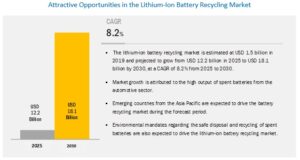
Based on end-use, the automotive segment is projected to dominate the lithium-ion battery recycling market from 2025 to 2030 in terms of both, value and volume.
I think it is the best opportunity to grab for small organizations. They can sell recycled metal to the major automobile industries or the major manufacturing industries to earn profit.
Conclusion
There may be opportunities for small-scale businesses to recycle products from the automotive industry, as well as metallurgical companies, which would make for the best buyer in the upcoming years.
Keep Reading –

